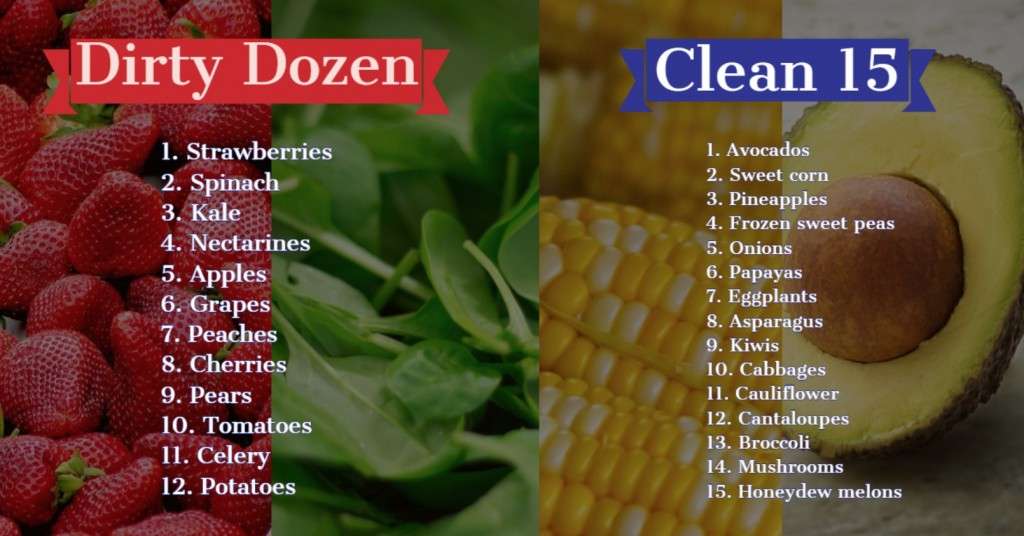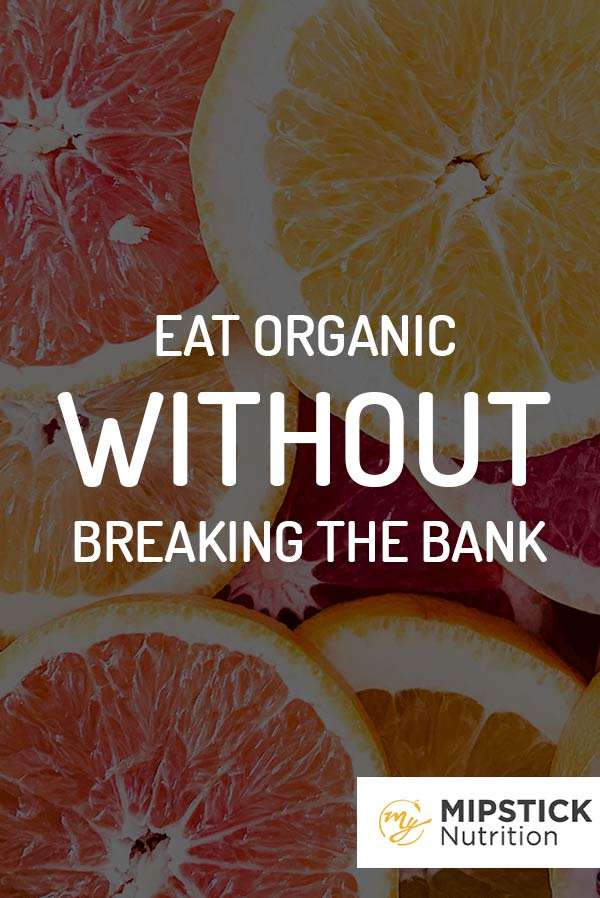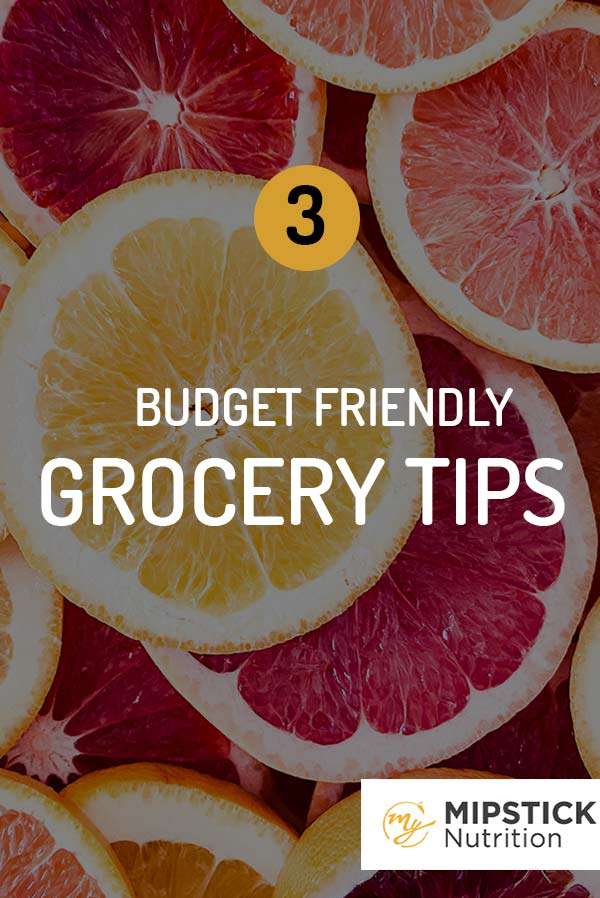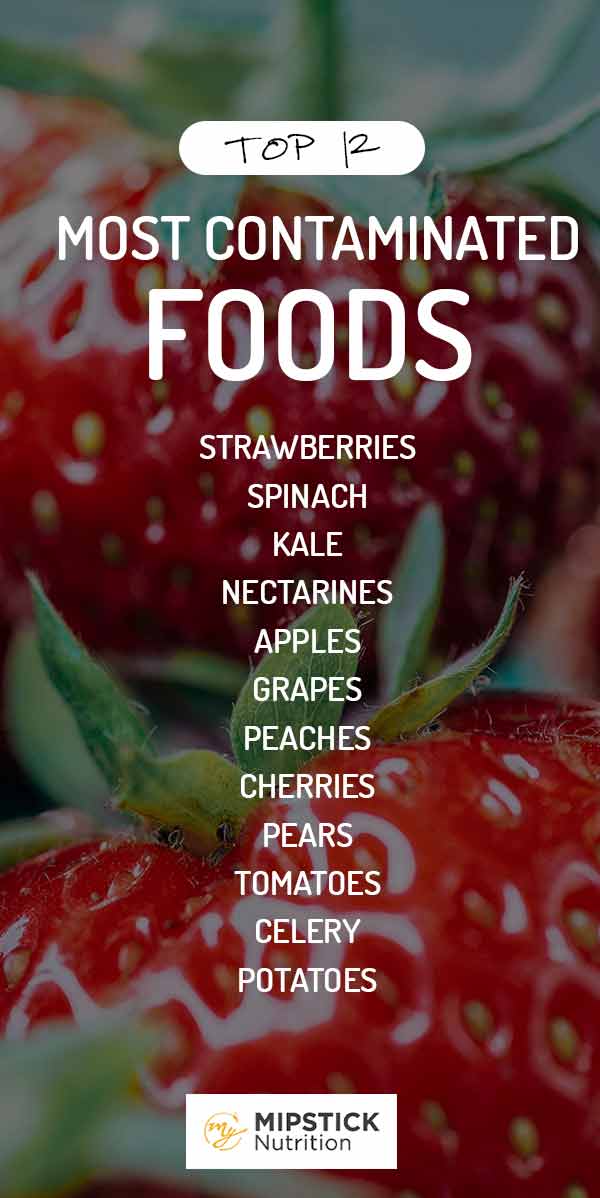Originally posted in February 2016, updated with more awesomeness in May 2020.

Eating organic is a personal choice, and for some, it may go beyond nutrition and be a political or social choice as well. Whatever your motivation, here are some notes on the advantages of eating organic foods.
- generally organic produce is grown in soil that’s been enriched with organic fertilizers rather than synthetic ones, and treated only with non-synthetic pesticides
- the term organic applies not only to fruits and vegetables, but also to animal products. These foods come from farms that have met vigorous standards mandating to ensure the use of organic natural feed to their animals, prohibit the use of antibiotics and hormones, and give the animals access to the outdoors, fresh air, and sunlight
- research suggests organic foods are higher in vitamin C, antioxidants and other minerals. Consuming organic food appears to lower concerns over health hazards associated with pesticide contamination and other toxins that science shows has negative effects on our hormones, inflammatory and immune system, digestion and more
In one study, children who ate organic produce and juice had only one-sixth the level of pesticide by-products in their urine, compared to children who ate conventionally produced food.” Power Eating, 4th Edition, Dr. Susan Kleiner.
There are uncountable health effects associated with exposure to the chemicals, pesticides, hormones, and antibiotics used on and in our food sources; including systemic inflammation, depletion of nutrients, and impairments in normal functioning of various organs and body systems (hormonal, immune, nervous).
There’s no denying, organic foods can cost a lot more, so it’s important to sit and reflect on the factors that might help you prioritize where you’ll spend your food dollars.
Firstly, if it’s a food you rarely ever consume or consume in very small amounts (such as a certain type of spice) perhaps the associated risk with non-organic is not as great. Thus, this may not be a food worth spending the extra money on to buy organic. Whereas if you eat apples daily, thus increasing your exposure to harmful pesticides, you may decide organic apples are worth the extra money.
Another important factor is the degree to which a food might be contaminated. There are foods we know are typically grown in areas where chemicals and pesticides are not used as much, or that the nature of the food itself – perhaps due to it’s impermeable outer skin for example, absorbs chemicals to a lesser degree.
The Dirty Dozen/Clean 15 is an annual evaluation of just that, by the EWG (Environmental Working Group), and provides to the public a guide to determining where the greatest risk is and where your extra grocery dollars may be best spent.

More tips and tricks here!

There’s no denying, organic foods can cost a lot more, so it’s important to sit and reflect on the factors that might help you prioritize where you’ll spend your food dollars.









